5 Mailchimp Alternatives for Churches and Nonprofits
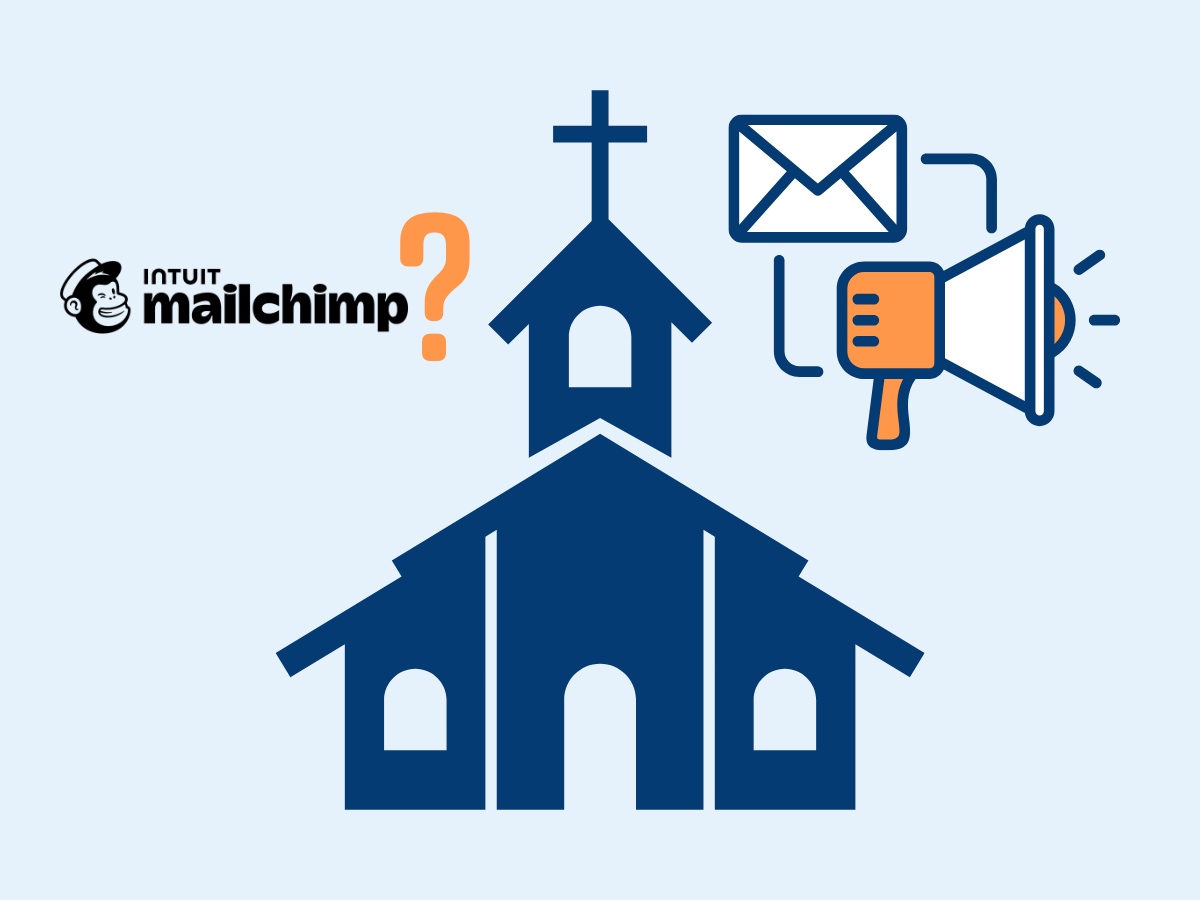
Email marketing tools offer nonprofits and churches valuable ways to reach out to members, promote events, and keep followers connected to the ministry. Out of the growing list of email marketing software options, Mailchimp is the most popular. But it may not be the best fit for every organization.
Below are the perfect top 5 Mailchimp alternatives for nonprofits and churches. We'll share the highlights of each platform, such as unlimited emails, unlimited contacts, and integrations with Facebook and other tools.
Whether you're looking to create personalized emails, automate your email campaigns, or design beautiful email templates, these tools have what you need.
Constant Contact - Best Nonprofit Discount
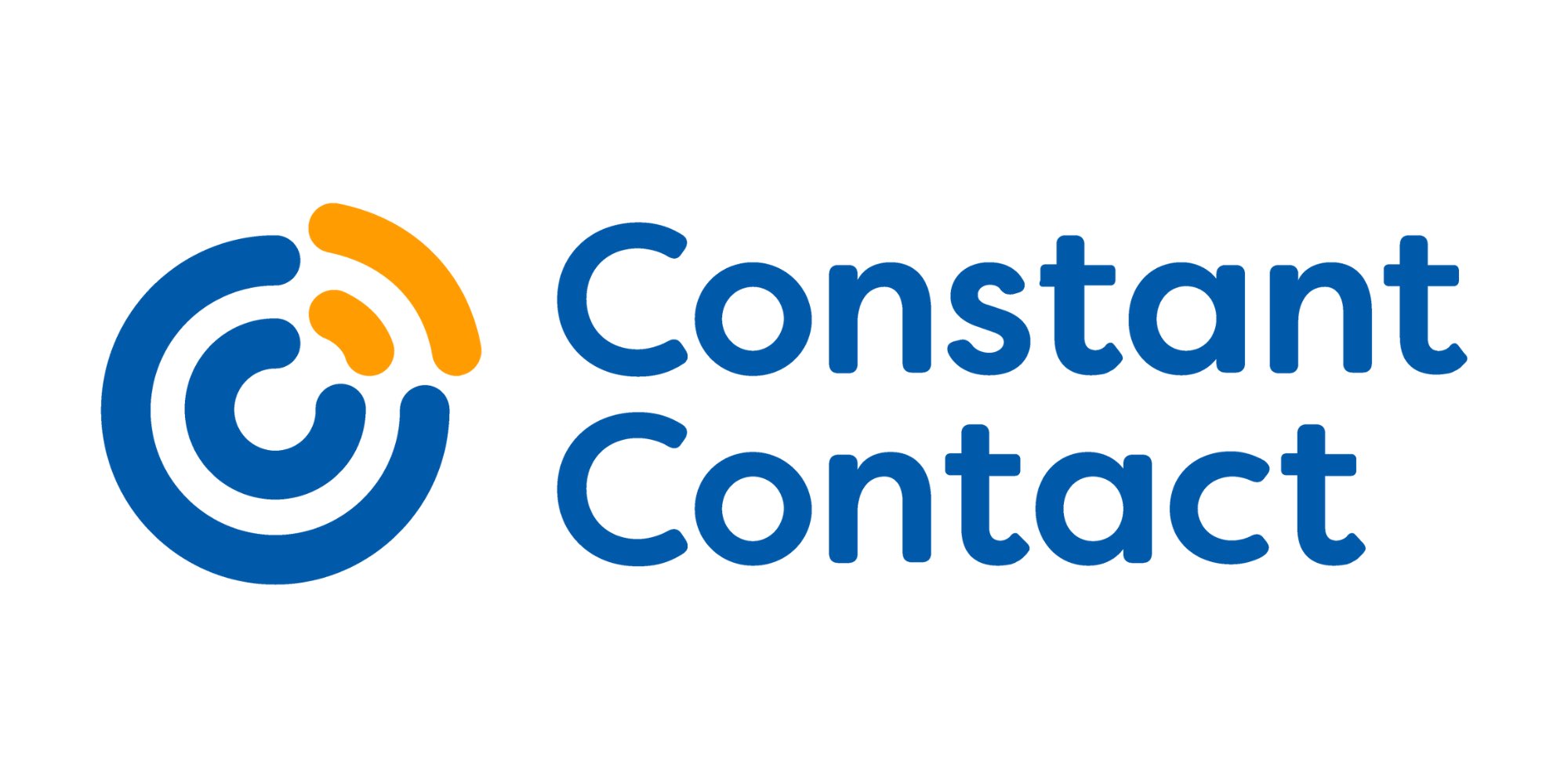
Constant Contact offers easy-to-use email templates, automation, and email editor. It's also an excellent email service for churches looking to engage with personalized messaging. Here are some of the ways that churches have used Constant Contact:
Promote upcoming events: Churches can use Constant Contact to promote upcoming events, such as holiday services, fundraisers, or community outreach events. They can create custom email campaigns and share them with their contact list, which can help churches reach out to their audience and increase attendance at their events.
Welcome first-time guests: Users can create a welcome email campaign for first-time guests. This email can be automatically sent to new visitors after they fill out your connection card.
Celebrate birthdays: Send personalized emails to members on their birthdays. This helps churches show their appreciation for their members and maintain their relationships with them.
Send transactional emails: Ministries and nonprofits can send transactional emails, such as donation receipts or event registration confirmations. These can be customized with the church's branding.
Constant Contact offers great discounts to nonprofits. If you're a 501c(3) and prepay for 6 months, you get a 20 percent discount off the sticker price. They offer a 30 percent discount if you choose their annual billing option, making this a more affordable solution to Mailchimp. In a Constant Contact vs Mailchimp head-to-head match, it's easy to see why so many ministries choose Constant Contact.
Constant Contact offers plans with advanced features, such as segmented email lists and more robust contact management. Churches can choose the plan that best fits their needs and budget, whether they're just getting started with email marketing or have bigger ambitions.
Campaign Monitor - Most Pre-Built Email Templates
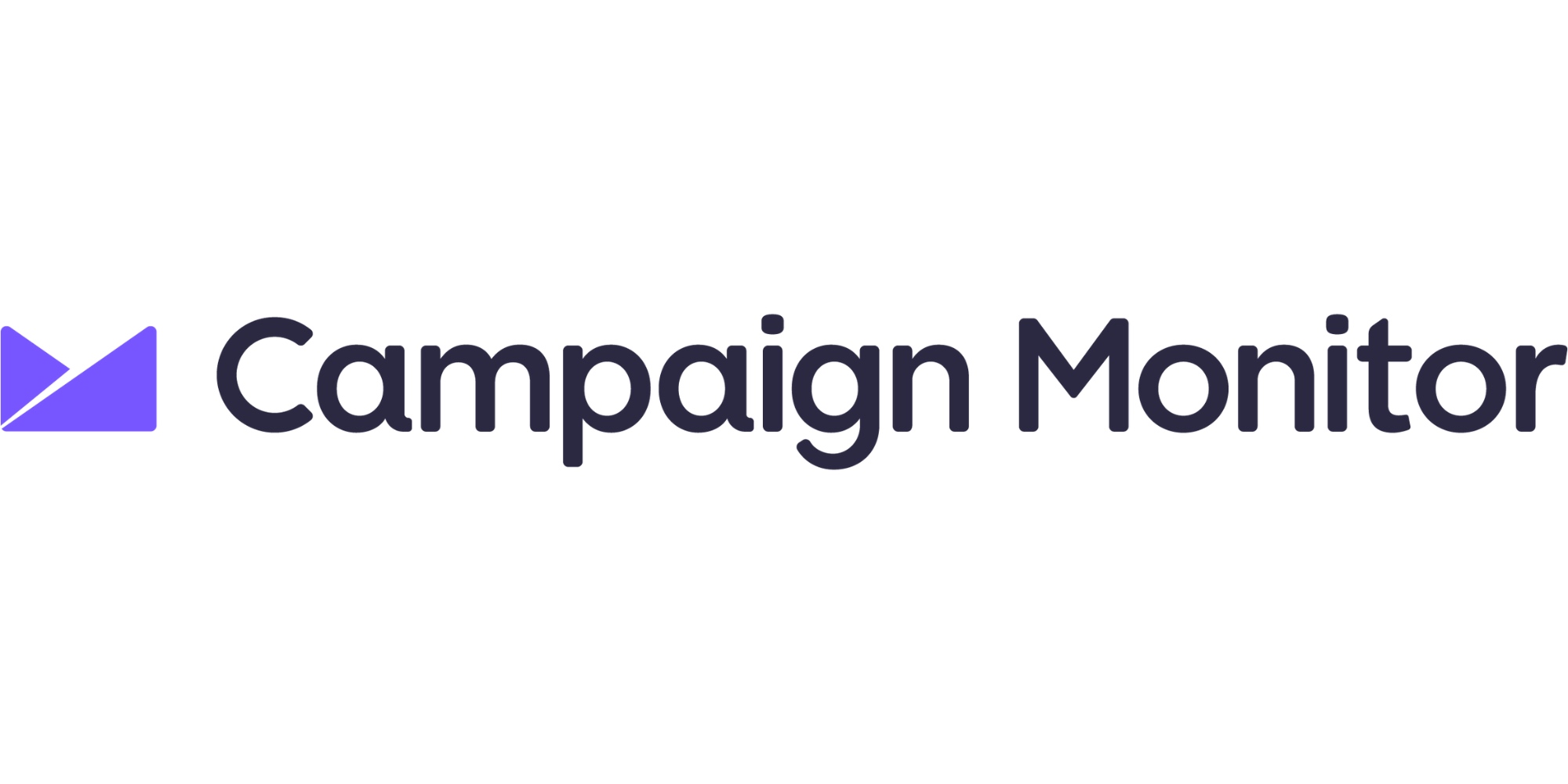
Campaign Monitor is an email marketing platform that provides users with nice options to easily create professional email campaigns. Here are some examples of how churches have used their email marketing tools:
Unlimited email addresses: Churches can manage unlimited email addresses and lists, making it easy to communicate with everyone. This feature is especially useful for churches with LARGE contact lists.
Use custom signup forms to collect email addresses: Customers can use Campaign Monitor's forms to seamlessly collect email addresses from their website visitors and social media followers and add them to their contact lists. This makes it easy for churches to grow their email list.
Personalized emails: Campaign Monitor allows organizations to create personalized emails that tailor content to the interests of your groups. This helps churches build relationships and increase engagement.
Advanced automation campaigns: Users can use Campaign Monitor to automate their email campaigns, such as welcome emails, event reminders, and follow-up emails. This saves time and ensures that their audience receives timely and relevant information.
Ministries love Campaign Monitor because of the extensive templates, which make it easy to turn your emails into something your audience wants to read. Campaign Monitor also offers premium plans with segmentation, transactional emails, advanced analytics, and more. This makes it a great choice for churches looking for a more robust email marketing solution that can meet their needs as they grow.
Sendinblue - Built-In SMS Marketing
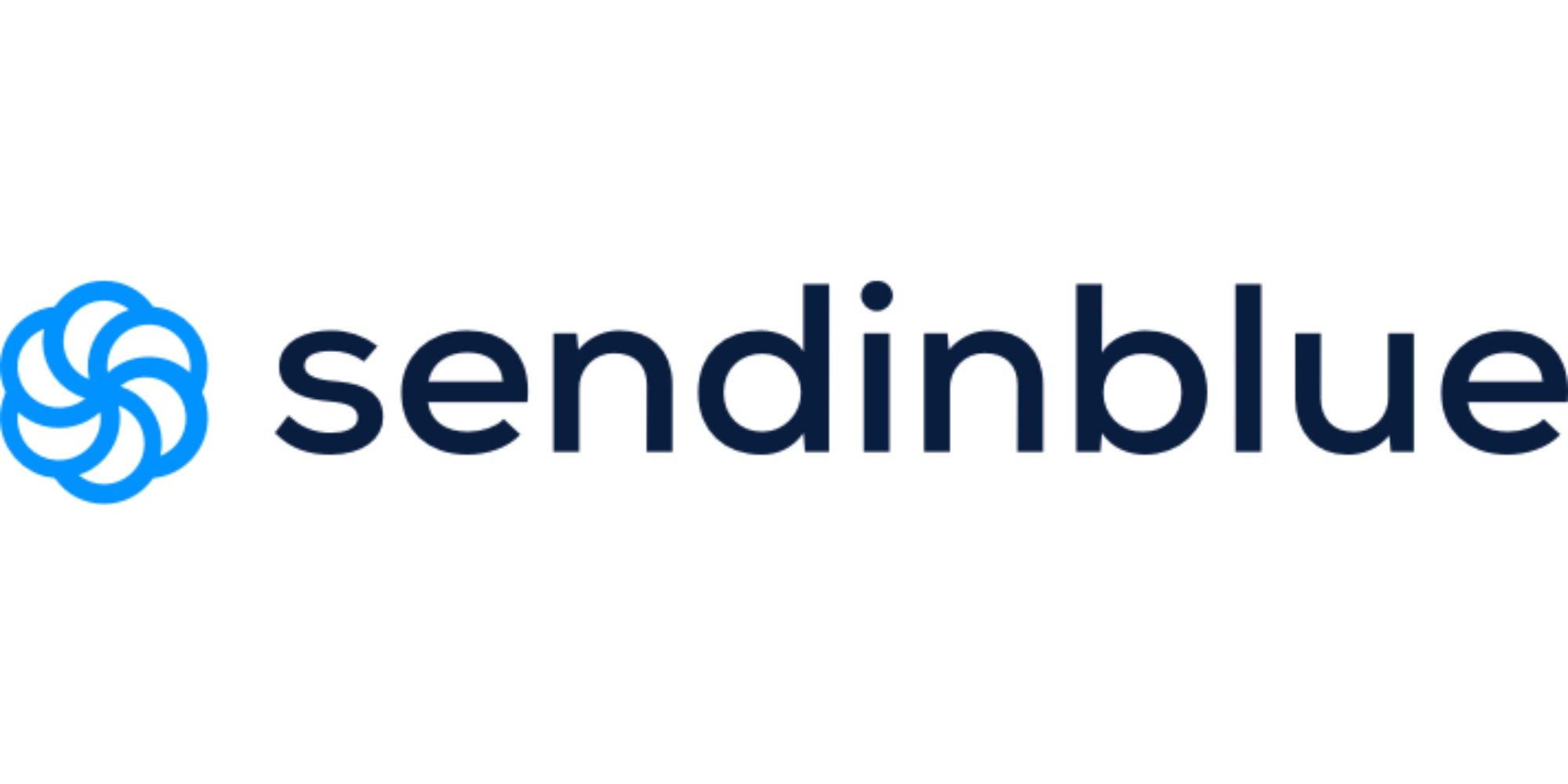
Sendinblue stands out in this list as the only truly all-in-one marketing platform that offers both email marketing AND SMS marketing. Here are some examples of how churches have used Sendinblue:
Use segments to target groups: Customers can use Sendinblue's segmentation feature to create targeted email campaigns for specific groups, such as members, volunteers, or donors. This helps churches provide relevant content to their audience and increase engagement.
Create custom email templates: Sendinblue offers drag-and-drop and pre-built email templates to easily create custom email templates that match their brand and style. This makes it simple for churches to design beautiful emails without the need for coding or design skills.
Send transactional emails: Churches can use Sendinblue to send transactional emails, such as donation receipts or event registration confirmations. These can be customized with the church's branding.
Automate email campaigns: Sendinblue allows users to automate their email workflows, such as welcome emails, event reminders, and guest follow-up emails. This saves time and ensures your people receive timely and relevant information.
- SMS Marketing: Your ministry can add text marketing in tandem with your email marketing campaigns, even for free plan users! Sendinblue is the only Mailchimp alternative for churches that offers this as a standard key feature.
Sendinblue offers premium plans with advanced features, such as landing pages and A/B testing. Their A/B testing allows you to try different send times, subject lines, and content so that you know what works for your email subscribers.
This makes it a great choice for churches and nonprofits looking for a comprehensive marketing solution that can help them increase engagement and communicate effectively.
ActiveCampaign - The Best Email Automation Tool
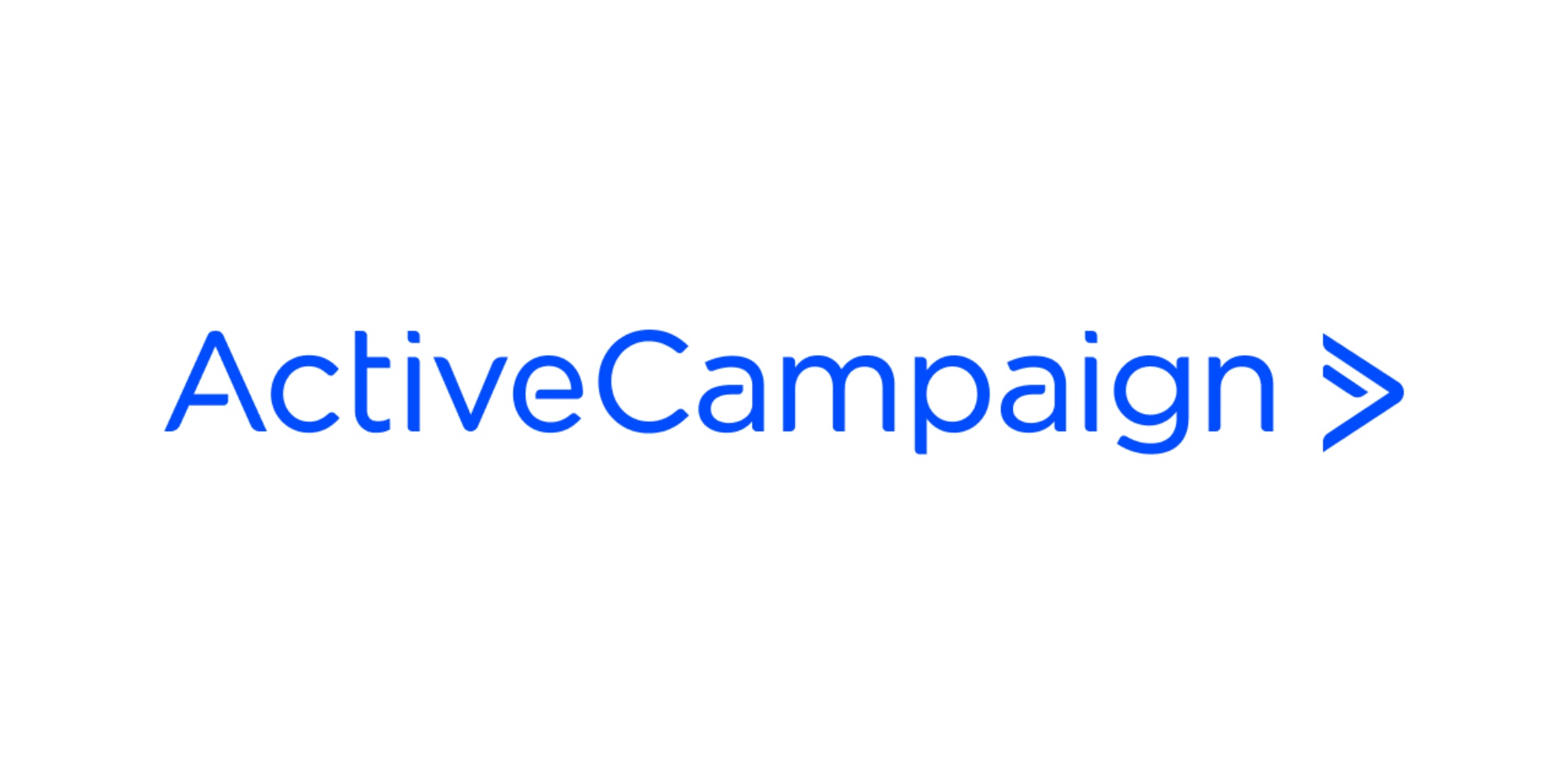
ActiveCampaign provides customers with powerful tools to create targeted campaigns and automate their email marketing efforts. It's an intuitive platform that makes email automation tools feel less intimidating. Here are some examples of how churches have used ActiveCampaign:
Segment audience: The advanced segmentation features allow users to create highly-targeted email campaigns for specific groups of people. This helps churches deliver relevant content to their audience and increase engagement.
Create automated workflows: ActiveCampaign's visual automation builder allows you to easily create complex automated email sequences, such as welcome sequences or event promotions. This will save you so much time as you streamline your church communication processes from beginning to end.
Dynamic content: Their dynamic content feature allows churches to personalize their emails with content that changes based on the recipient's interests. This helps you create relevant and engaging communication that resonates with your audience
Manage lists with ease: ActiveCampaign offers powerful list management features that allow churches to easily manage their email lists. Churches can create custom fields, tags, and segments to organize their contacts and send targeted campaigns
ActiveCampaign offers premium plans with advanced features, such as lead scoring, SMS marketing, and more. Between that and their visual automation builder, ActiveCampaign is a great alternative to Mailchimp for churches and other organizations.
ConvertKit - The Best for Online Content Creators
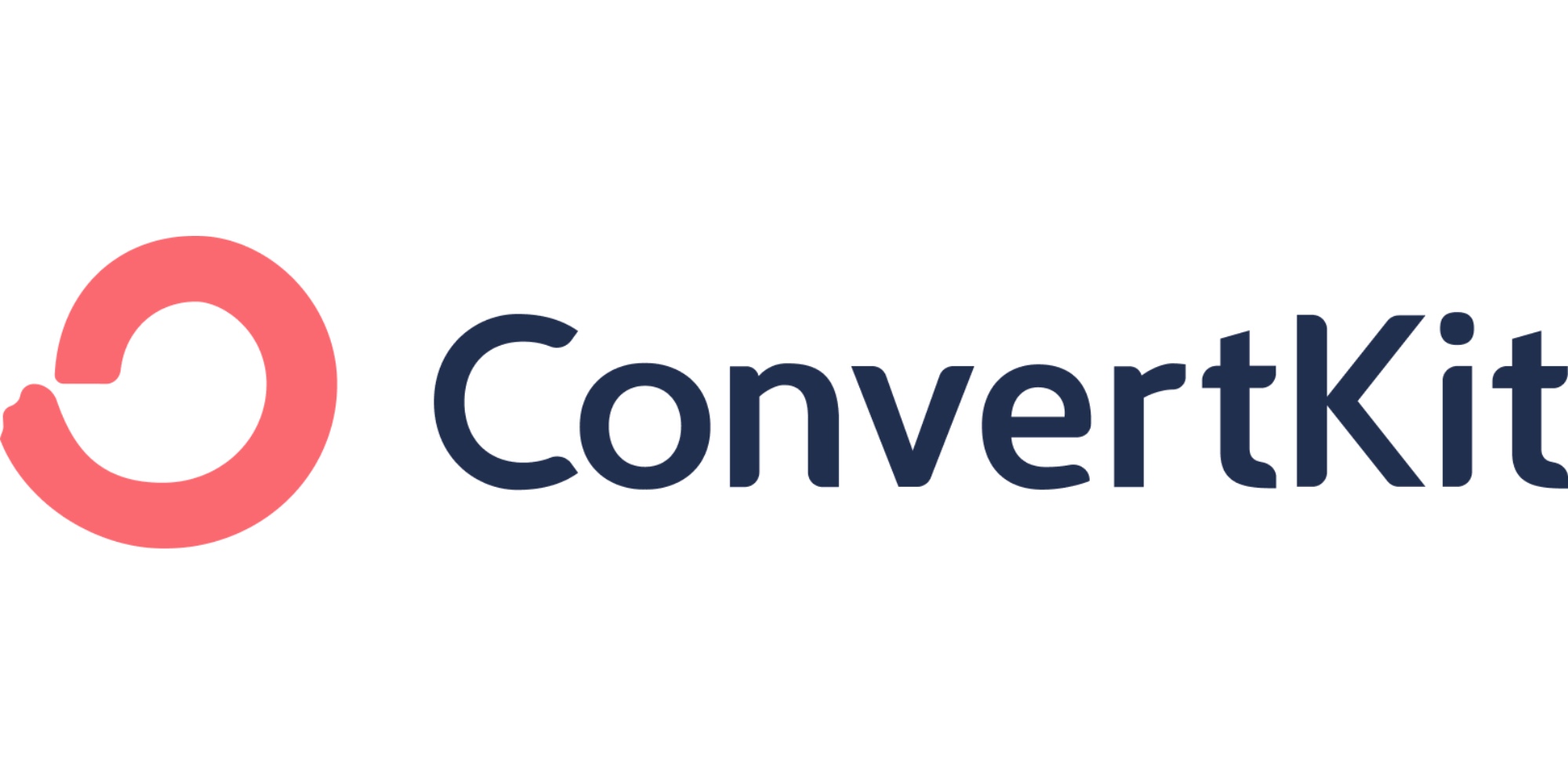
ConvertKit is an email marketing platform designed specifically for creators, including bloggers, podcasters, YouTubers. This makes it ideal for churches because your pastor already has content that works perfectly for social media.
However, its powerful automation, segmentation & personalization features also make it a great choice to consider. Here are some examples of how churches have used ConvertKit:
Create personalized emails: ConvertKit's powerful email marketing platformand segmentation features allow churches to create highly personalized emails that resonate with their audience. Churches can segment their email list based on interests, location, and other criteria to create highly-targeted campaigns.
Use forms to collect email addresses: ConvertKit offers customizable forms that churches can use to collect email addresses from their website visitors and social media followers. This makes it easy for churches to grow their email list and reach out to new audiences.
Automate email campaigns: ConvertKit's automation features allow churches to create complex automated email campaigns, such as welcome sequences or event promotions. This saves time and ensures that their audience receives timely and relevant information.
Sync integrations to boost email marketing: ConvertKit integrates with a variety of other tools, such as a landing page builder that makes sites that look great on all devices. Their landing page builder gives you the ability to fully control your subscriber experience.
ConvertKit offers premium plans with advanced features, such as A/B testing and access to a broad creator network so you can get inspiration from other users. This makes it a great option for churches looking for an effective email marketing solution that can help them increase engagement.
ConvertKit is free to use for up to 1000 subscribers, which makes this platform stand out from the rest as a very affordable email marketing tool. They also offer unlimited email sends at much more affordable pricing than Mailchimp.
What to Look for in an Email Service Provider
- Free Support: Support should not be behind a paywall. Don't choose an email service provider that penalizes you for being a smaller organization or having a limited budget.
- User Guide / Articles: In addition to free support, make sure the email marketing company has an extensive user guide with articles that clearly illustrate how to use the software and answer your questions. Even if you prefer getting help from a customer service agent over perusing articles, it at least shows how much they prioritize customer support.
- Unlimited Emails / No Daily Limit: You need to be able to send emails to your people without worrying about reaching your limit for the day, especially in urgent situations. If an email service has low limits or charges steep overage fees, pick a different provider.
- SMS Built-In: Though email is the best for long-form communication, texting is the #1 way to reach your people. When picking a marketing email service, choose one that gives you SMS marketing tools without having to pay more to use them.
- Unlimited Users: All of your church leaders need to be able to access this resource. That way, every ministry team in your church can benefit from professional communication tools. Pick a provider that lets you add as many users as you want without an extra fee.
Watch our video to learn what to look for in a email provider as go deep into the pros and cons of Mailchimp as well as share more about these great Mailchimp alternatives:
Which Email Platform Should Churches Use?
Mailchimp used to be the #1 option for churches, nonprofits, and small businesses. Their wide range of extra features and easy-to-use email builder, along with a robust basic plan and awesome email analytics made church leaders feel like email marketing pros.
But Mailchimp is no longer the only player in the game. Other companies have established themselves in the email marketing scene, giving your church or ministry attractive features and pricing models that fit your needs.
Which email platform your church chooses depends on your needs and level of expertise, as well as you budget. Mailchimp is a great option when just getting started, but quickly gets very expensive as you grow. Many of the alternatives to Mailchimp for nonprofits on the list have affordable pricing and may have additional features you need in an email marketing service provider.
You might already have the email service provider you need
The most logical Mailchimp alternative for churches is the email integration included in church management software. Bonus points if the church management program has email fully provided so that you don't have to set anything up or manage yet another account.
If you already use church management software, consider relying on their email feature for your email marketing needs. That way you no longer have to keep your contact lists synced, worry about reaching a daily limit of emails, pay another subscription fee, or manage yet another account.
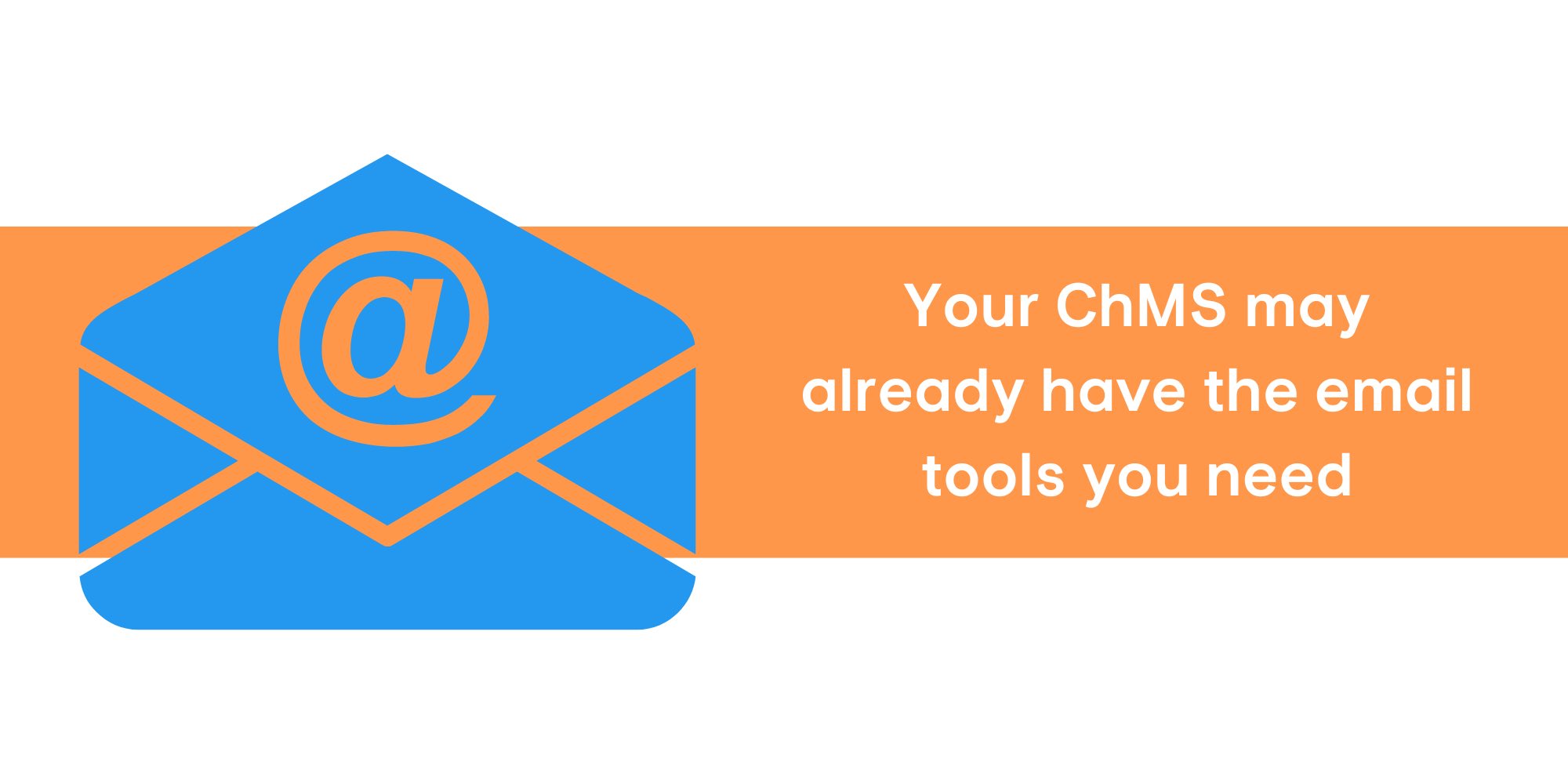
Interested In Mailchimp Alternatives For Churches?
Email marketing is a critical tool for nonprofits and churches to communicate with their audience, promote events, and build relationships with their members and guests. While Mailchimp is a popular choice, there are other email marketing platforms that may better suit your ministry's needs.
Mailchimp established itself as a leader in email marketing years ago, but other options have entered the field and are offering competitive pricing with a list of features your church will love. By using these alternatives to Mailchimp for churches, your organization can more effectively reach out to your contact list, promote events, and maintain relationships with your audience throughout the week.
We encourage you to try one of these email marketing products to see how they can help your nonprofit or church grow its audience and increase engagement. Whether you're just getting started with email marketing, want great email newsletters, or have more advanced requirements, there's a platform out there that can meet your needs.

|
Matt
|